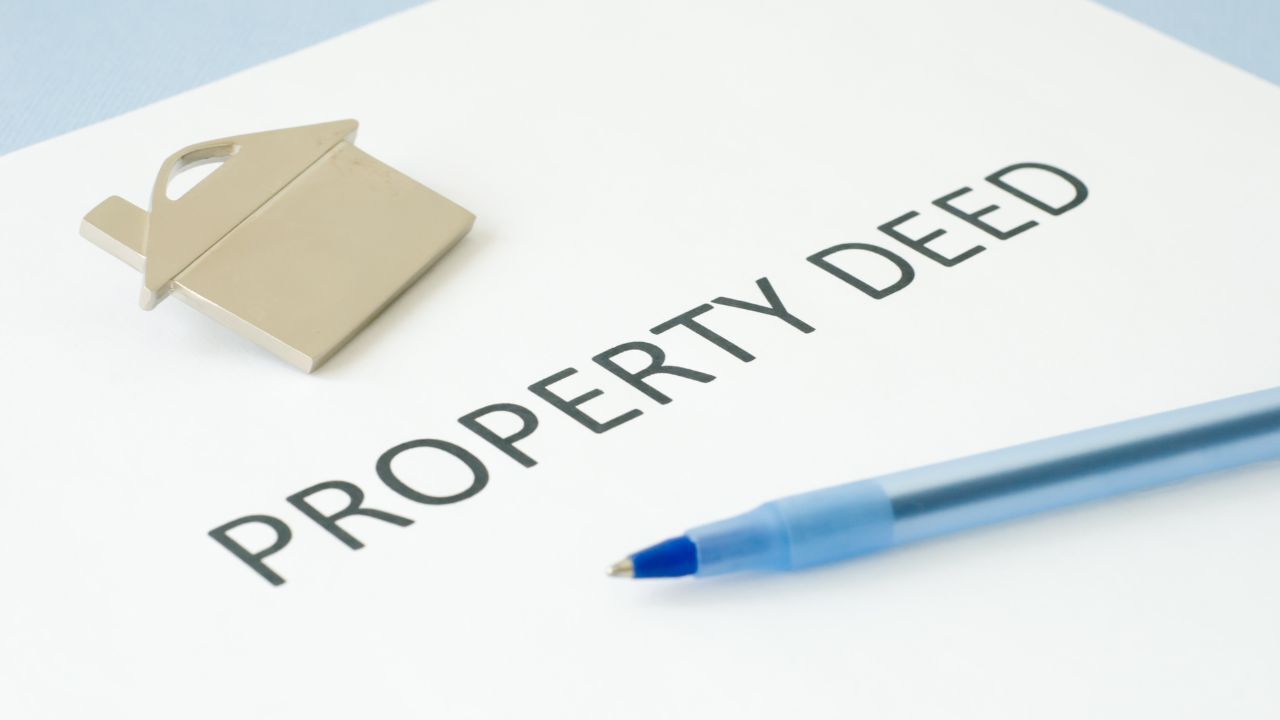 When buying a home, most buyers focus on location, price, and features. However, deed restrictions—legally binding rules that dictate how you can use your property—are equally important. Ignoring them can lead to unexpected limitations and challenges.
When buying a home, most buyers focus on location, price, and features. However, deed restrictions—legally binding rules that dictate how you can use your property—are equally important. Ignoring them can lead to unexpected limitations and challenges.
What Are Deed Restrictions?
Deed restrictions, also known as restrictive covenants, are rules placed on a property’s deed by developers, homeowners’ associations (HOAs), or local governments. Unlike zoning laws, which are enforced by municipalities, deed restrictions are upheld by private entities like HOAs or developers. Violating them can result in fines, legal action, or forced compliance.
Common Deed Restrictions
Understanding deed restrictions before purchasing a home is crucial. Here are some common restrictions:
- Home Modifications & Renovations
- Requiring HOA approval for exterior paint colors or structural changes.
- Setting height limits on fences or additions like sheds and pools.
- Business & Rental Restrictions
- Prohibitions on home-based businesses with customer traffic.
- Bans on short-term rentals like Airbnb.
- Limits on parking work-related vehicles in residential areas.
- Pet & Livestock Regulations
- Breed or size restrictions for dogs.
- Limits on the number of pets allowed.
- Bans on farm animals like chickens or goats.
- Landscaping & Outdoor Features
- Restrictions on specific plant types, trees, or grass varieties.
- Approval requirements for solar panels or satellite dishes.
- Rules on sheds, gazebos, or outdoor structures.
- Parking & Vehicle Rules
- Where you can park boats, RVs, or trailers.
- Whether overnight street parking is allowed.
- Garage vs. driveway parking requirements.
Why Deed Restrictions Matter
- They Are Legally Binding: Once you buy a home with deed restrictions, you must follow them.
- They Can Impact Resale Value: Buyers may avoid homes with excessive limitations.
- They May Conflict With Your Plans: Restrictions can prevent renovations, rentals, or business operations.
How to Check for Deed Restrictions
- Review the Property Deed: The deed outlines any restrictive covenants.
- Request HOA Documents: Obtain the bylaws and CC&Rs (Covenants, Conditions, and Restrictions).
- Consult a Professional: A real estate agent or attorney can clarify complex restrictions.
- Check Local Regulations: Some restrictions may be enforced at the municipal level.
Deed restrictions are designed to maintain community standards and protect property values, but they can also limit how you use your home. Before buying, carefully review any restrictions to ensure they align with your lifestyle and long-term plans. Taking the time to understand these rules can prevent costly surprises and help you make an informed decision.